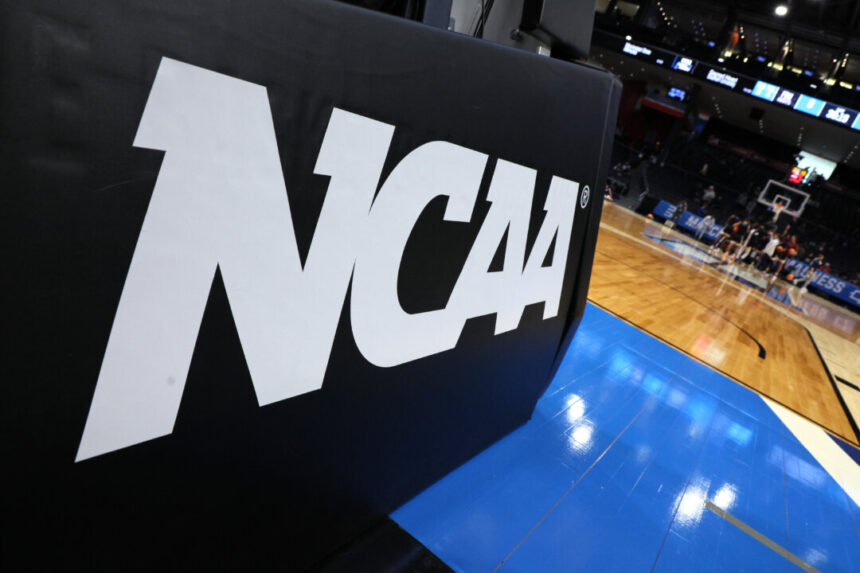College athletes who primarily benefit their schools may qualify as employees deserving of pay under federal wage-and-hour laws, a U.S. appeals court ruled, dealing a blow to the NCAA.
The court, in a challenge to the NCAA’s concept of “amateurism” in college sports, stated on July 11 that a test should be created to distinguish between students who play sports for fun and those whose efforts constitute work.
U.S. Circuit Judge L. Felipe Restrepo wrote, “With professional athletes as a clear example, playing sports can indeed be considered compensable work. Ultimately, the key question is whether the relationship between the athlete and the college or NCAA demonstrates an economic reality of an employee-employer relationship.”
A colleague, in a concurring opinion, raised concerns about the complexity of such a process, given the large number of students and teams involved. The case will now return to the trial judge for further examination.
This ruling comes after a 2021 Supreme Court decision prompted the NCAA to revise its rules to allow athletes to profit from their name, image, and likeness. The NCAA recently announced a revenue-sharing plan that could provide direct financial benefits to athletes.
The Division I athletes and former athletes involved in the lawsuit are seeking modest hourly wages similar to those earned in work-study programs. They argue that colleges are violating fair labor practices by not compensating them for the significant time they dedicate to their sports.
Attorney Paul McDonald, representing the plaintiffs, proposed that athletes could receive monthly or yearly payments for participating in NCAA sports to cover essential expenses.
The NCAA had sought to have the case dismissed, but the court’s decision means it will proceed to trial.
Defendants in the case include the NCAA and member schools such as Duke University, Villanova University, and the University of Oregon.
In response, the NCAA stated that it has been enhancing benefits for athletes and aims to provide more financial support to them through schools.
However, the NCAA acknowledged concerns from students that an employment model could impact their experiences and opportunities in various sports.
The Supreme Court decision on NIL payments did not address the issue of whether college athletes are employees entitled to direct pay, which is the focal point of the current case.
Baylor University President Linda Livingstone warned that treating student-athletes as employees could have far-reaching negative consequences for college sports.
The debate over whether college athletes should be considered employees has been ongoing, with legal opinions and social media campaigns highlighting the athletes’ desire for fair compensation.
Despite the NCAA’s comparisons to other student groups on campus, the argument for athlete pay persists, citing the significant control coaches have over athletes’ time.
By Maryclaire Dale
Please rewrite this sentence.
Source link





